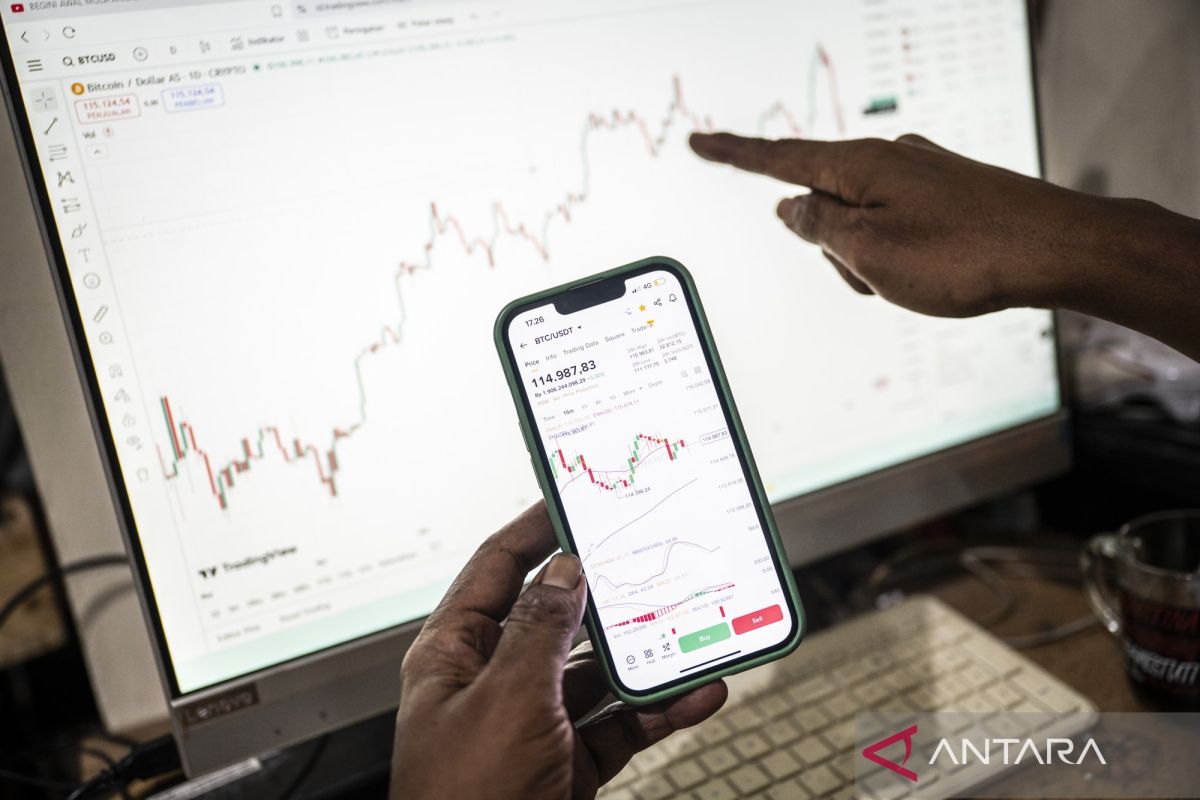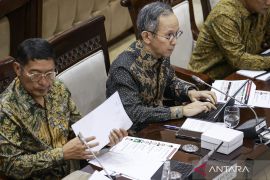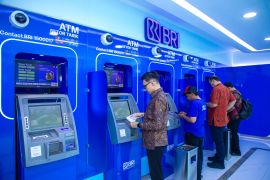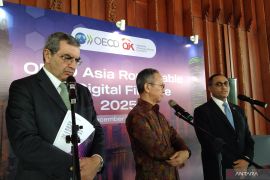The report, released in collaboration with the Indonesian Fintech Association (AFTECH) in Jakarta on Wednesday, revealed that crypto trading could boost GDP by 0.86 percent to 1.18 percent, provided that profits are reinvested into domestic consumption and productive sectors.
“The real economic impact will only be felt if crypto trading profits are used locally in productive ways,” said LPEM FEB UI researcher Prani Sastiono.
The study estimates that in 2024 alone, crypto activities contributed Rp70.04 trillion to the economy, equivalent to 0.32 percent of GDP, and generated over 333,000 jobs.
To realize the sector’s full potential, the report outlines five key policy recommendations. First, it calls for stronger oversight of illegal platforms through coordinated efforts among regulators.
Second, it urges improvements in digital literacy and user data protection to build public trust. Third, it recommends expanding crypto products, such as asset-backed stablecoins and tokenized domestic projects.
Fourth, the report suggests tax reforms to balance government revenue with the competitiveness of the legal crypto industry. Fifth, it advises updating advertising rules to allow licensed platforms to market on social media, while maintaining public education and transparency.
Indonesia has experienced rapid growth in crypto adoption, but regulators are still working to develop clear policies that balance innovation with consumer protection.
Meanwhile, Dino Milano Siregar, head of the Digital Financial Innovation and Crypto Asset Oversight Department at the Financial Services Authority (OJK), said earlier that effective crypto regulation requires both domestic and international cooperation due to the borderless nature of digital assets.
“Crypto is inherently borderless, so supervision cannot be done in isolation. It requires coordination among local and global institutions,” Siregar said at a forum hosted by LPEM FEB UI on October 8.
He outlined OJK’s efforts to oversee both licensed and unlicensed entities in the crypto space.
Domestically, enforcement is handled by the Task Force for the Eradication of Illegal Financial Activities (Satgas PASTI), while fraud and misuse cases are addressed through the Indonesia Anti-Scam Centre (IASC).
OJK also collaborates with the Ministry of Communications and Digital Affairs, law enforcement agencies, the Financial Transaction Reports and Analysis Center (PPATK), the National Cyber and Crypto Agency (BSSN), and Bank Indonesia.
Internationally, OJK works with global regulators including the United Nations Office on Drugs and Crime (UNODC) and other foreign authorities overseeing similar platforms.
Related news: Preserving Indonesia's crypto edge amid global shocks
Related news: Protecting crypto consumers crucial for healthy growth of industry
Translator: Arnidhya NZ, Rahmad Nasution
Editor: Primayanti
Copyright © ANTARA 2025












